
‘The Underground Railroad’ and Cinema’s Origins in White Supremacy
In adapting the alternative history The Underground Railroad, Barry Jenkins and his crew made cinema – a medium with origins in white supremacy – work for them.

In adapting the alternative history The Underground Railroad, Barry Jenkins and his crew made cinema – a medium with origins in white supremacy – work for them.
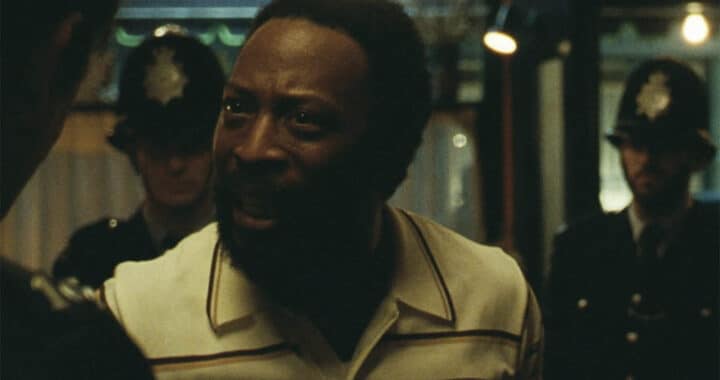
Small Axe fuses the political and poetic and reminds that oppression does not define communities; it is one element of a much richer cultural tapestry and emotional terrain.
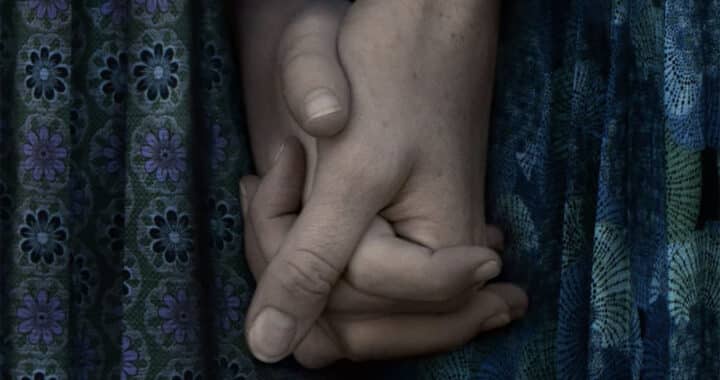
In Women Talking, director Sarah Polley masterfully illustrates how new futures can be possible by reckoning and wrestling with the past and present.
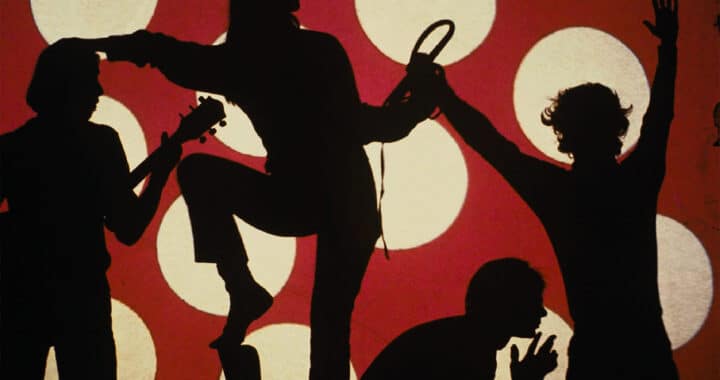
In The Velvet Underground documentary, Todd Haynes shows the music catapulting across time and space to Andy Warhol’s Factory, where the alchemy worked its magic.
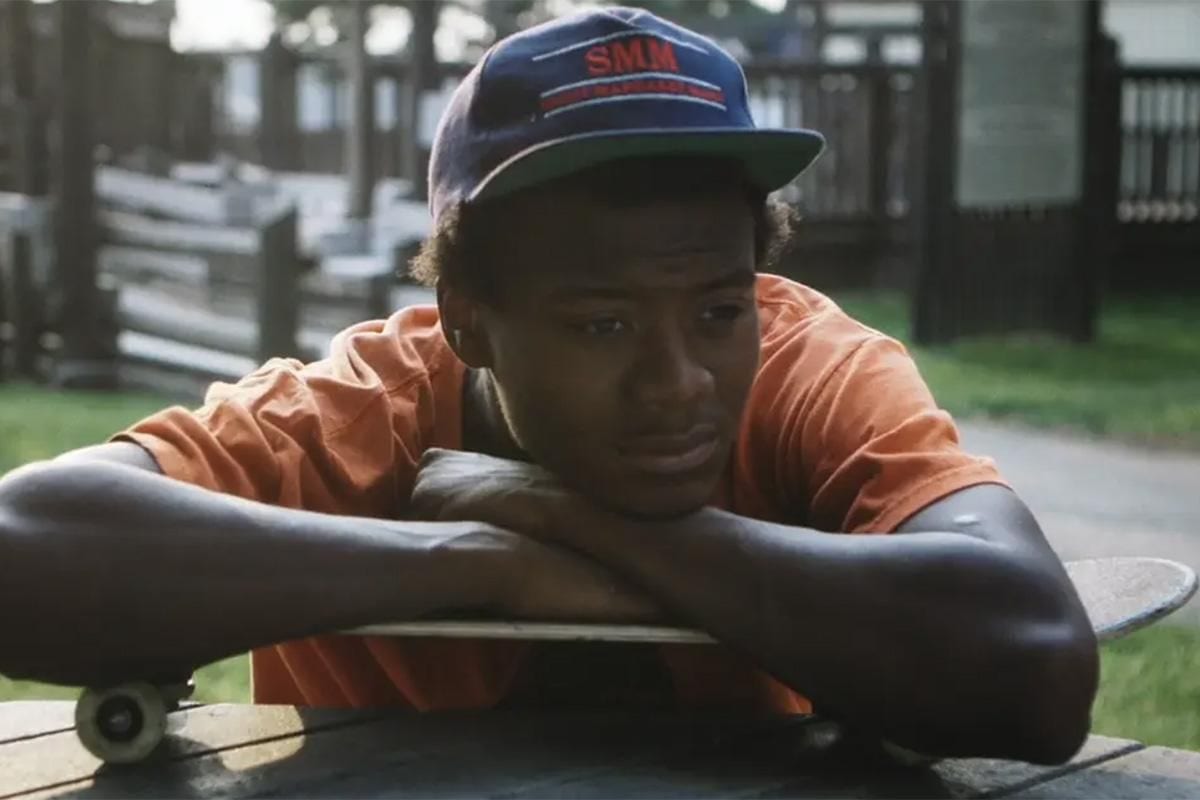
For those who proclaim that people are solely responsible for their life's choices, Bing Liu's, Minding the Gap shows what costs come with attempting to break cycles of violence, poverty, and addiction.

Scorsese's selections for World Cinema Project No. 3 recall an attitude typical of a bygone age of film studies when professors would rationalize overlooking the reactionary politics of a film because aspects of the filmmaking itself trumped such "trivial" concerns.

Facet's Disruptive Film: Everyday Resistance to Power, Volume Two documents the multiple approaches a variety of filmmakers take in wielding video and celluloid for social change.

The early Ida Lupino films hold a particular nuance for female characters and the textures of their everyday lives, which has rarely been exhibited in classical Hollywood filmmaking.

Silent filmmaking was only one element of a much wider feminist movement of various forms, from the flapper to the suffragette to the birth control advocate to the bohemian female writer and political activist.
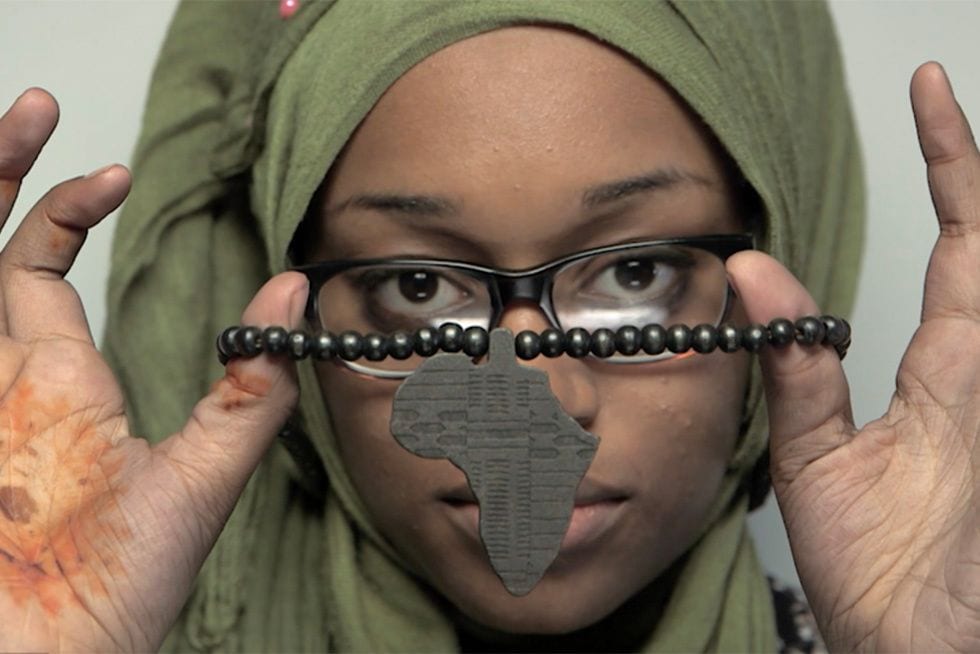
Eric Tretbar's First Person Plural and PBS' shorts Muslim Youth Voices both offer new representations of Somali-Americans. A significant contribution, given the Islamophobic frameworks that structure most cinema, television, and popular culture in general.

Kino Lorber's release of Personal Problems can be seen as a major intervention in recovering "lost" videotapes, representing an important black collective creative contribution of US grassroots videomaking.

Samuel Fuller’s Forty Guns fuses the Western with film noir and provides ample space for Barbara Stanwyck commanding performance of a Western female heroine.